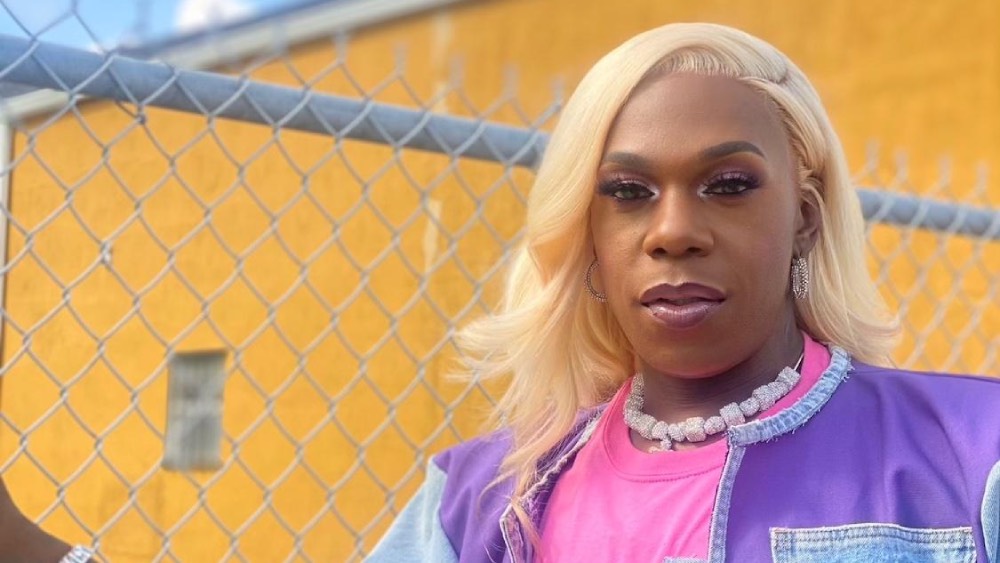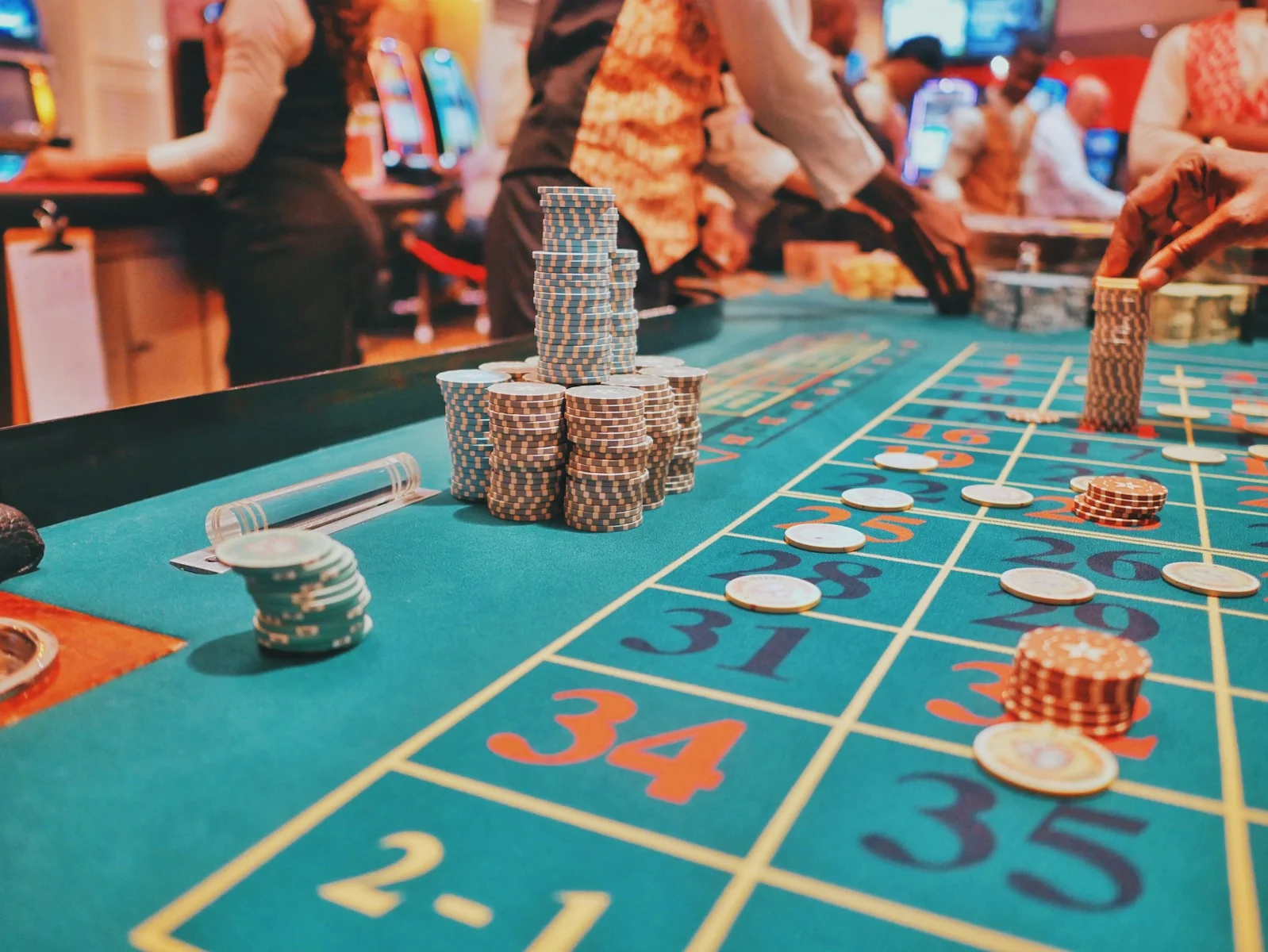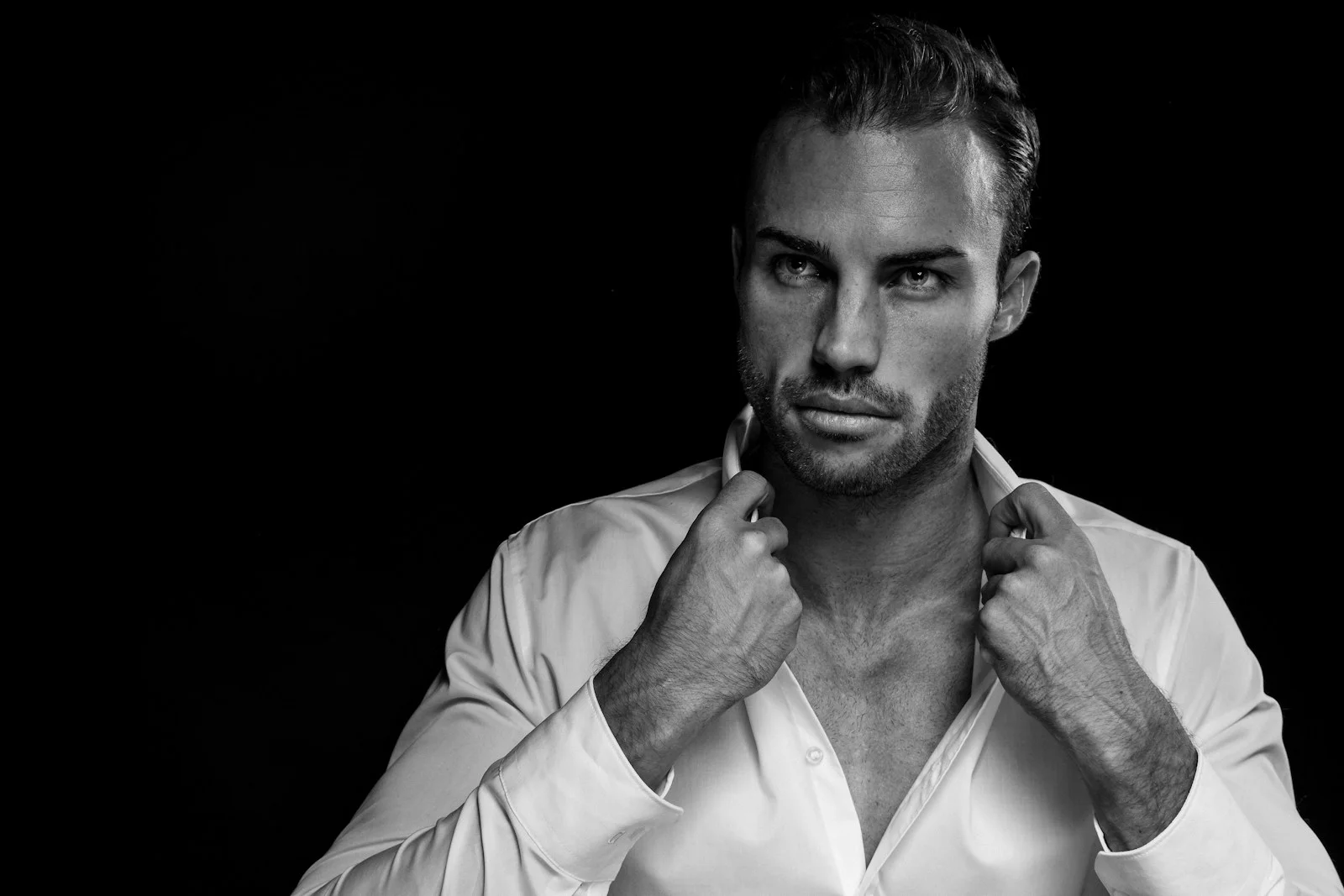Big Freedia, born Freddie Ross Jr. on January 28, 1978, has emerged as a vibrant figure in the musical genre known as bounce music, a sub-genre of hip-hop that originated in New Orleans. Beyond her high energy performances and music that compels audiences to move, she is recognized for her role in bringing this once-underground style to a broader audience. Today, we will have a Big Freedia gender discussion.
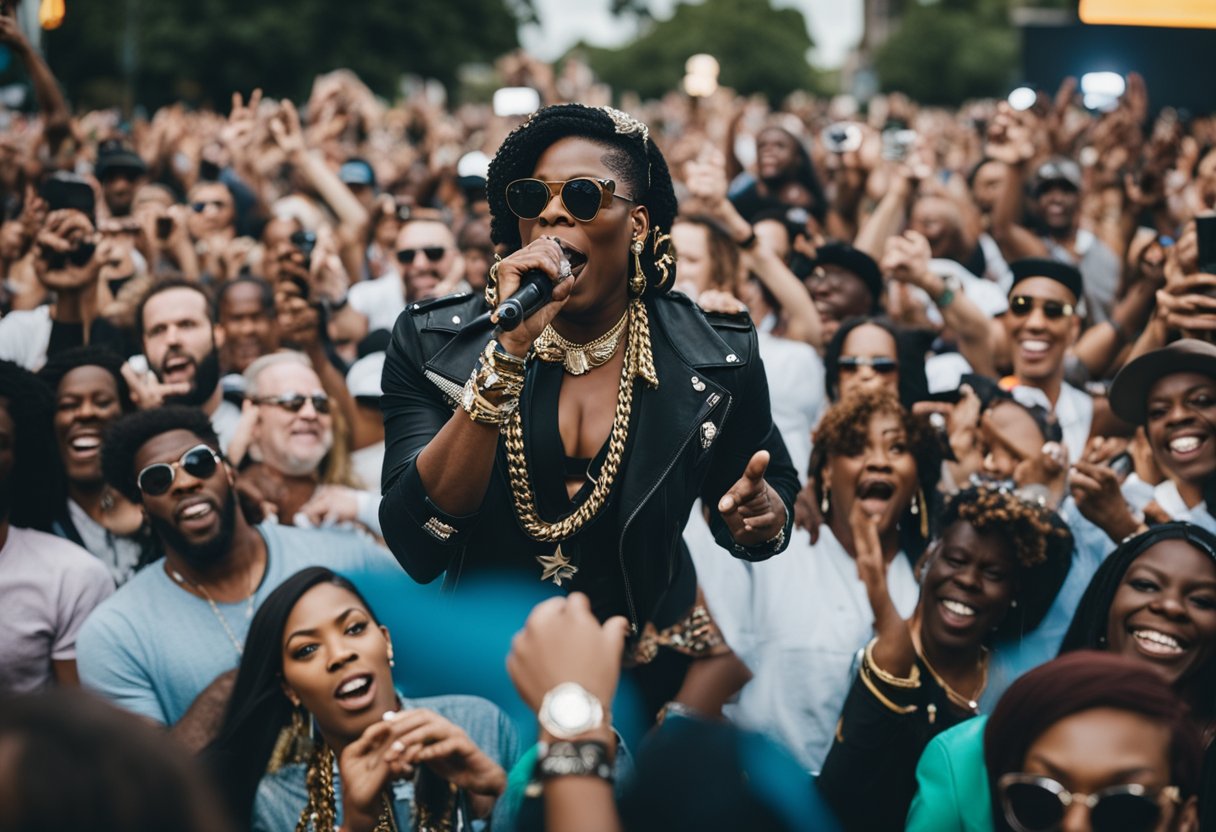
Her influence in music is paired with her advocacy for gender expression. While Big Freedia identifies with male pronouns, she has been a vocal advocate for the fluidity of gender norms and expression. This advocacy is reflected in her stage persona as the “Queen Diva” and has made her an icon in discussions of gender identity within the musical and cultural landscape.
Offstage, Big Freedia’s engagements extend to hosting high-profile events such as the Met Gala IG Live Stream Red Carpet in 2019 and Dick Clark’s Rockin’ New Year’s Eve in 2021. Her visibility in these arenas further cements her status as not only an entertainer but also as a prominent voice for both racial and gender equality. Big Freedia’s journey and identity are intricately woven into her work, symbolizing a commitment to authenticity and a challenge to conventional gender roles.
Early Life and Influences
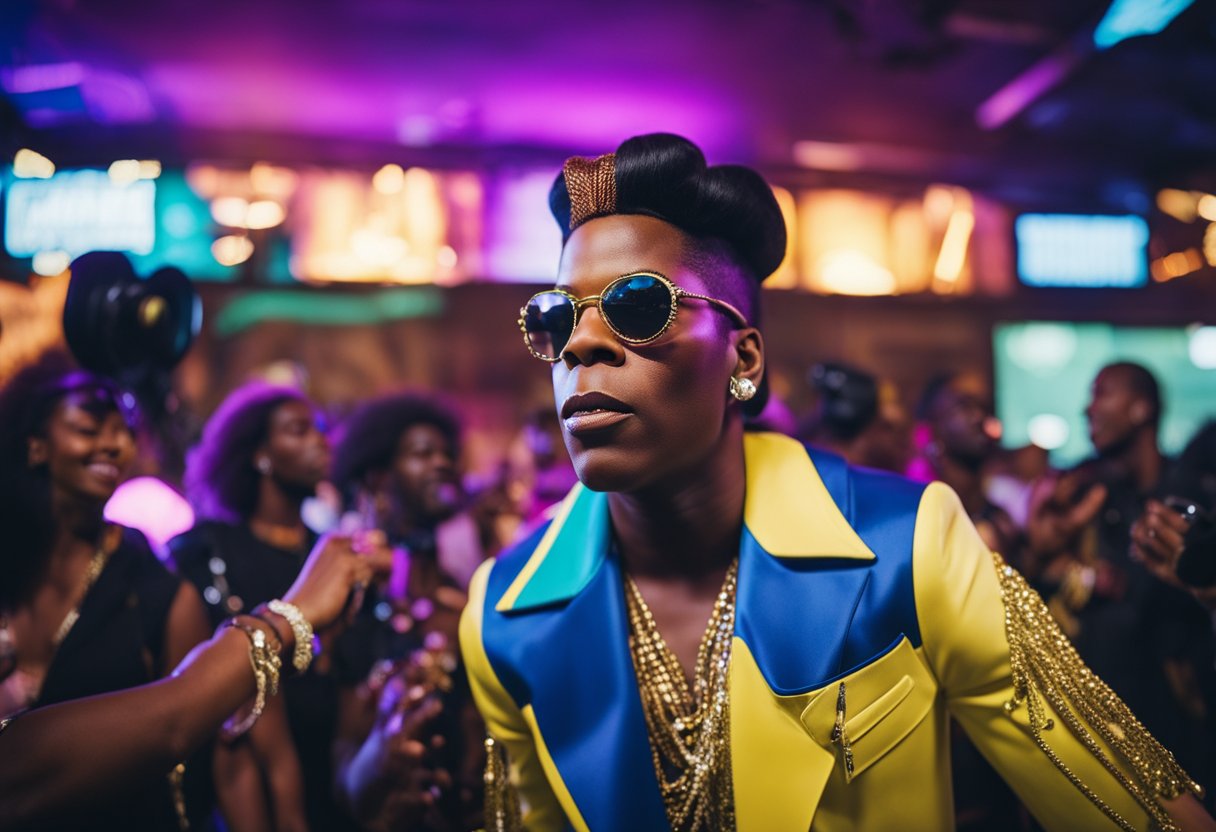
Big Freedia, an influential icon in the world of bounce music, hails from New Orleans and has credited the city’s vibrant culture and musical landscape as pivotal in shaping her artistic identity.
New Orleans Roots
Born and raised in the historically rich Treme neighborhood of New Orleans, Big Freedia (Freddie Ross) was immersed in a melting pot of cultural influences. Treme is known for its significant role in the development of jazz and its ongoing celebration of African American music and culture. The lively community and its festive spirit deeply impacted Freedia’s early life, infusing her with the essence of New Orleans’ dynamic cultural heritage.
Musical Beginnings
From a young age, Freedia was exposed to diverse musical experiences that led to her immersion in the local music scene. New Orleans music is characterized by its eclectic mix of jazz, blues, and rhythm and blues, each leaving an imprint on her musical style. Her initial performances started in her local church choir, where she developed a strong foundation in vocal power and stage presence. These formative experiences laid the groundwork for her future in music, ultimately steering her towards the energetic beats of bounce music—a genre deeply rooted in New Orleans tradition.
Big Freedia and Gender
Big Freedia, a New Orleans-based musician and cultural icon, has become a significant figure in discussions about gender identity and LGBTQ+ rights. His experiences and views offer insight into the complexities of gender expression in the 21st century.
Gender Identity
Big Freedia is a gay man who views gender as a spectrum and identifies with both his masculinity and femininity. Despite being ambivalent about pronouns, he is often comfortable with gender-fluid expressions, illustrating the nonbinary nature of his identity. He once mentioned that had he foreseen the confusion around the ‘queen’ in “Queen Diva,” a moniker he’s widely known by, he might have opted for ‘king’ instead.
Advocacy for LGBTQ+ Rights
Beyond personal expression, Big Freedia is an outspoken advocate for LGBTQ+ rights and gender equality. His work extends from the stage to public advocacy, where he uses his platform to challenge conventional norms and promotes acceptance. His influence peaked as the host of high-profile events, like the Met Gala IG Live Stream Red Carpet and the Dick Clark’s Rockin’ New Year’s Eve, using these opportunities to amplify the conversation on racial and gender equality. Through music, television, and public engagement, Big Freedia embodies the resilience and exuberance of a community striving for recognition and rights.
Rise to Fame
Big Freedia, known as the Queen of Bounce, carved a niche within the bounce music genre and leveraged collaborations and media exposure to gain widespread popularity.
Bounce Music Scene
Big Freedia emerged from the energetic and vibrant New Orleans bounce music scene, a subgenre of hip-hop characterized by its call-and-response format, up-tempo beats, and dance-oriented nature. She became a prominent artist in the bounce movement, playing a significant role in popularizing the genre beyond the local community.
Collaborations with Mainstream Artists
Her unique sound and larger-than-life persona caught the attention of mainstream pop and hip-hop artists, leading to iconic collaborations. Big Freedia appeared in Beyoncé’s “Formation” and featured in Drake’s “Nice for What,” tracks that solidified her position in the music industry and introduced bounce to a broader audience.
Television and Media Exposure
Beyond music, Big Freedia’s foray into the world of television with the reality show, “Big Freedia: Queen of Bounce” on the Fuse network, amplified her fame. The show, along with appearances on “Jimmy Kimmel Live!,” “The Late Show with Stephen Colbert,” and interviews on “The Breakfast Club” and “Entertainment Tonight,” showcased her as a dynamic TV personality. Her candid discussions on gender identity and features in media outlets like “The Problem with Jon Stewart” contributed to her status on Ebony’s Power 100 list, underscoring her impact on entertainment and culture.
Musical Style and Contributions
Big Freedia has played a pivotal role in redefining New Orleans’ musical landscape by promoting bounce music, a high-energy genre distinctive to the city’s culture. Through her work, she has not only shaped a unique sound but also influenced the wider music industry and community.
Defining Bounce Music
Bounce music is characterized by its rapid tempos, call-and-response structure, and heavy use of brass band and Mardi Gras Indian music samples. Originating from New Orleans, it’s a style that has been largely underground since its inception in the early 1990s. Big Freedia has been instrumental in bringing this genre to the forefront, offering a vibrant mix of hip-hop and energetic chants that encourage audience participation.
Cultural Impact
Big Freedia, often hailed as the Queen of Bounce, has significantly impacted the music and culture of the Gulf South. Her music transcends the traditional confines of gender, opening up conversations about identity in the industry and community. While often associated with the sissy bounce subgenre, a localized variant of bounce music linked with the LGBTQ community, Big Freedia prefers to be recognized as a bounce artist, advocating for a more inclusive definition of the genre.
She has not only elevated New Orleans bounce music on a global scale but also served as a cultural influencer, advocating for community issues and identity acceptance through her platform. Big Freedia’s ongoing contribution solidifies her status not just in the music industry but also as a pillar of New Orleans’ vibrant culture.
Discography and Performances
Big Freedia, acclaimed for energetic live shows, parallels this vigor in recording projects with a discography that includes several albums and numerous singles. Freedia’s contributions extend to collaborations with notable artists, including a Grammy-award winning single.
Albums and Singles
Studio Albums:
- Just Be Free (2014)
- Louder (EP, 2020)
Extended Plays:
- 3rd Ward Bounce (EP, 2018)
Notable Singles:
- “Judas” (2011) guest artist on Lady Gaga track
- Big Freedia was featured on “Born This Way The Tenth Anniversary” album (2021)

